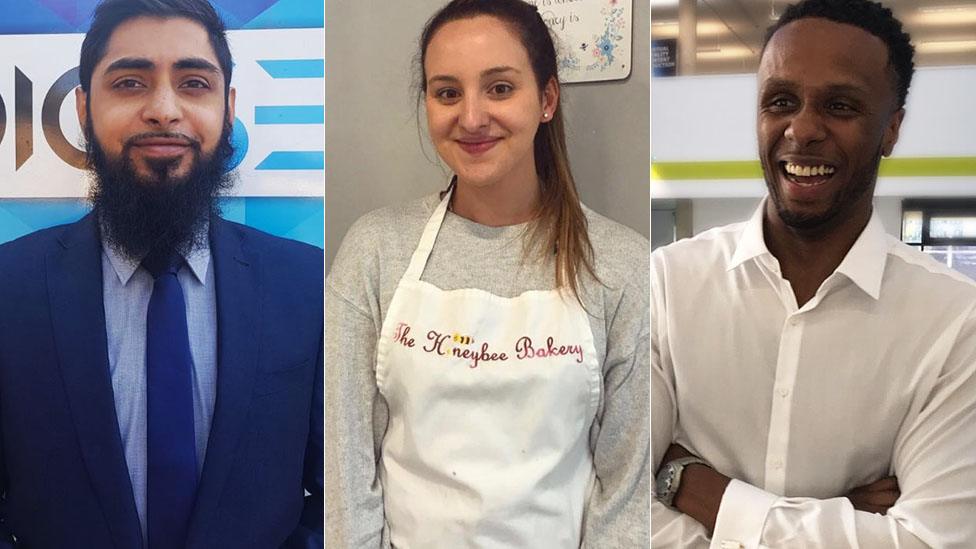'You don't get a life as a sole trader'
- Published
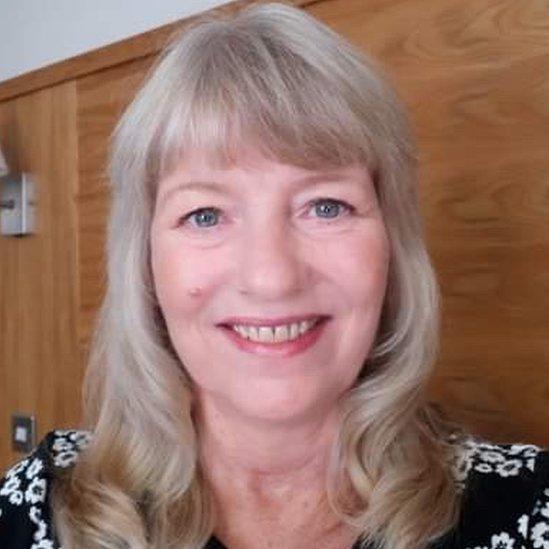
'I work seven days a week. You don't get a life at all, you don't get holidays, you don't get sickness pay."
Gift and card shop owner Tracy Mills is one of hundreds of thousands of people in the UK who, every year, become self-employed by setting themselves up as sole traders.
However, it is a hard life for very little financial reward, so why does she do it?
"You're working well below the minimum wage when you add up the hours you're working," she told BBC 5 live's Wake Up To Money programme.
"But you only succeed in something if you're passionate about it. I've still got a passion for it, but that is starting to wear pretty thin."
High rate of failure
New analysis indicates that one in five sole traders will go bust in the first year, while 60% will fail within five years.
"Very few ever go on to make significant investments or employ others," says the Institute for Fiscal Studies, which arrived at its conclusions by studying HMRC tax records.
Its research was funded by the Office for National Statistics through the Economic Statistics Centre of Excellence and the Social Research Council.
Being a sole trader is one way of being self-employed. Unlike setting up your own company, you do not need to register with Companies House.
However, you are personally liable for all your losses, just as you are entitled to all the profits, minus tax.
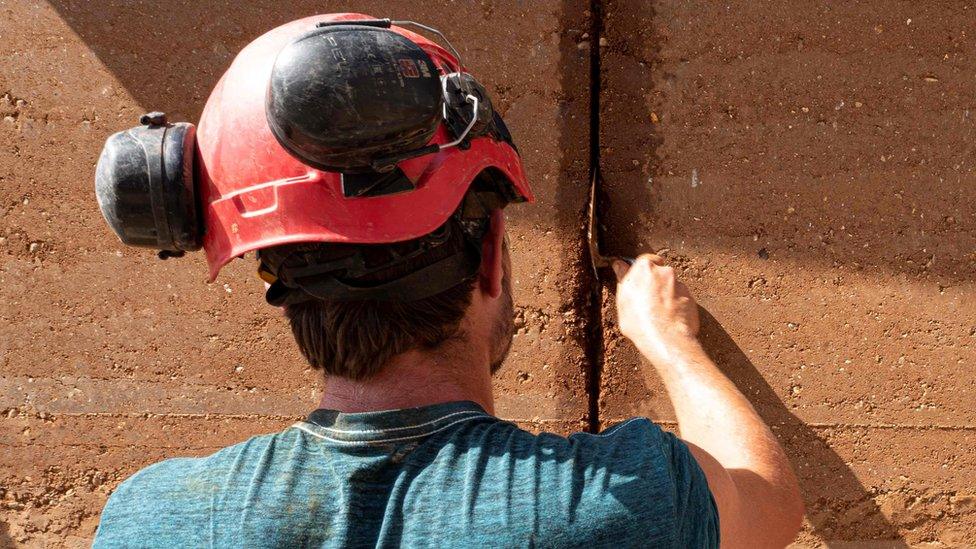
Many sole traders work in construction, says the IFS
The sector is growing, but there is a very high churn rate, with many businesses closing while new ones start up.
"Between 2014 and 2015, the number of sole traders grew by almost 70,000, but this was the net effect of 650,000 sole traders starting up and 580,000 exiting," the IFS said.
Tracy says that the key to success is to constantly evolve and keep ahead of the competition.
She opened her shop in Doncaster in 2012 and her profits gradually increased until, in December 2017, some big chain stores opened nearby and started slashing the cost of their Christmas stock to attract customers.
"You have to diversify your own product to do something a little bit different that they don't do," she said.
"In my case, I can personalise balloons and glassware and things like that. It brings a few more people through your door, but it's still not building your sales up as much as you would like to."
Know your business
Someone who has been a success thinks many sole traders fail because they have not thought it through properly.
"One guy said to me, 'I want to open a fine dining restaurant'," says Ian Harris, who runs Croydon Business Hub in south London.
"I asked him what he was doing now and he said, 'I'm front of house in a restaurant'.
"'What experience do you have in food?', I asked. 'None', he said. I said, 'Don't even try.'"
Ian told the man he would be totally reliant on the chef and his team, who would decide the menu and the quality of food on offer without his having any say.
"He was an intelligent young man, but he wouldn't have lasted two weeks."
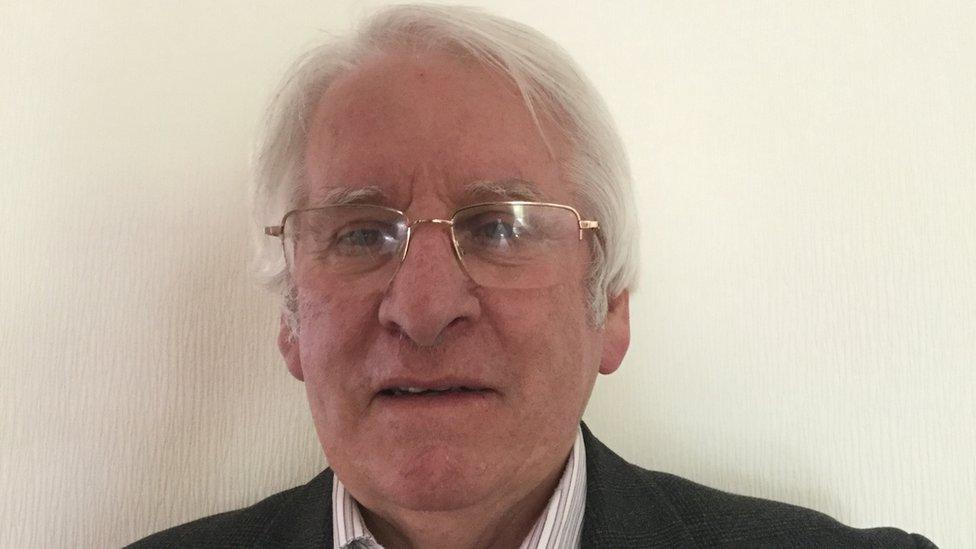
Ian Harris switched from working in IT to going into business with his wife
Ian himself is a sole trading success story.
After years of working in IT, sales and marketing for big companies including IBM, he and his wife went into business for themselves, taking on run-down pubs, building them up and selling them on.
For him, sole trading was a way of realising his ambitions: "Ever since my early 20s, I wanted to actually run my own business. I was always very frustrated working for big companies."
Now he spends his time coaching and advising people who want to become sole traders themselves - "sharing experience with people who are on the journey", as he puts it.
His advice? "Every business and every person is different," he says. "But they need to know who they are, what they are doing and what they hope to achieve."
- Published5 November 2018

- Published30 October 2018
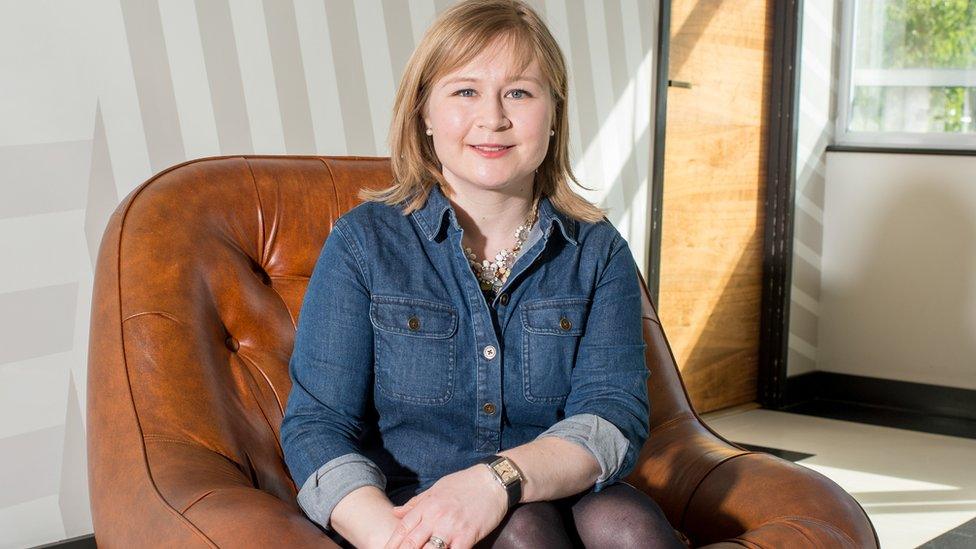
- Published31 October 2018
